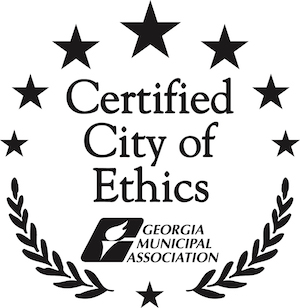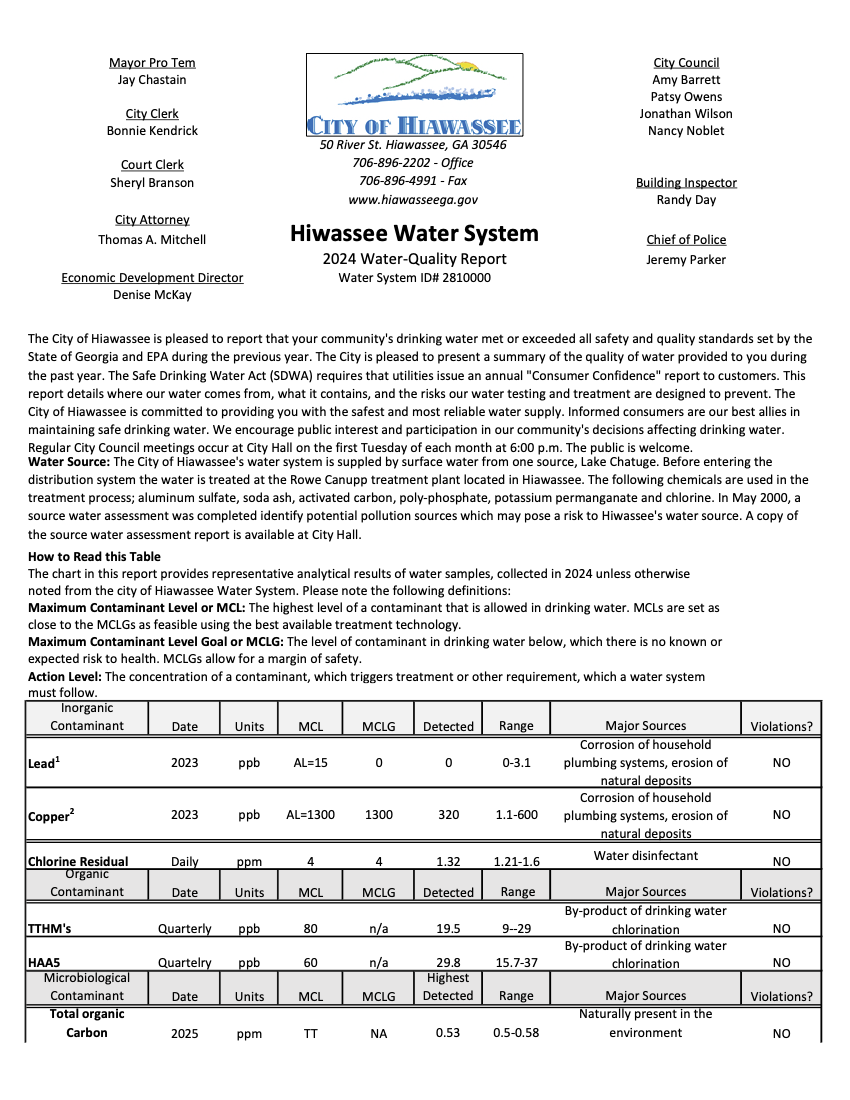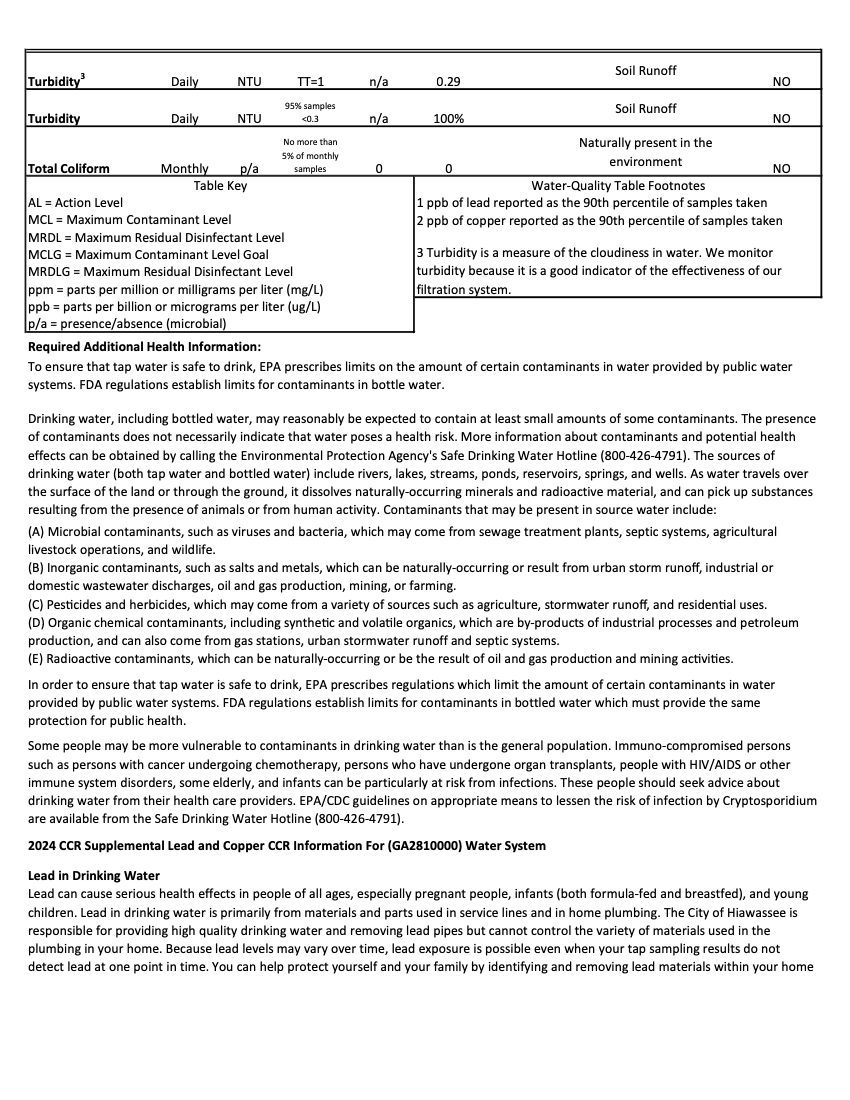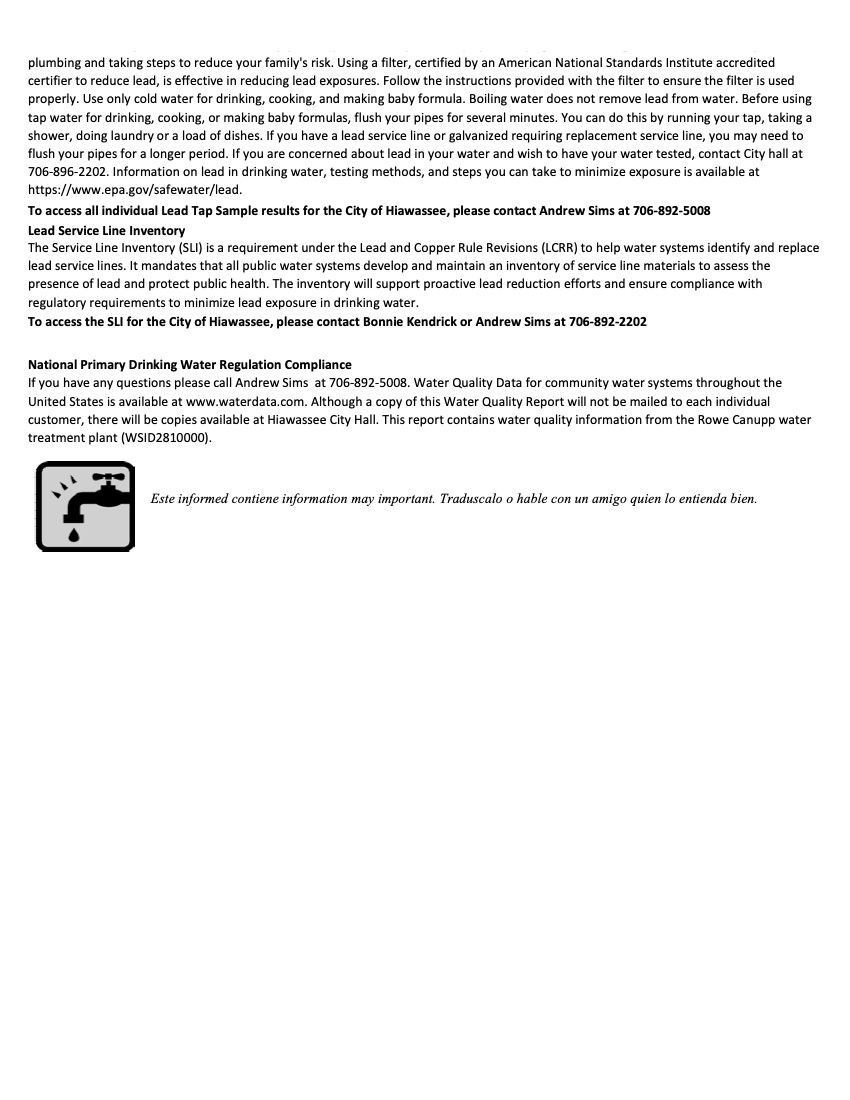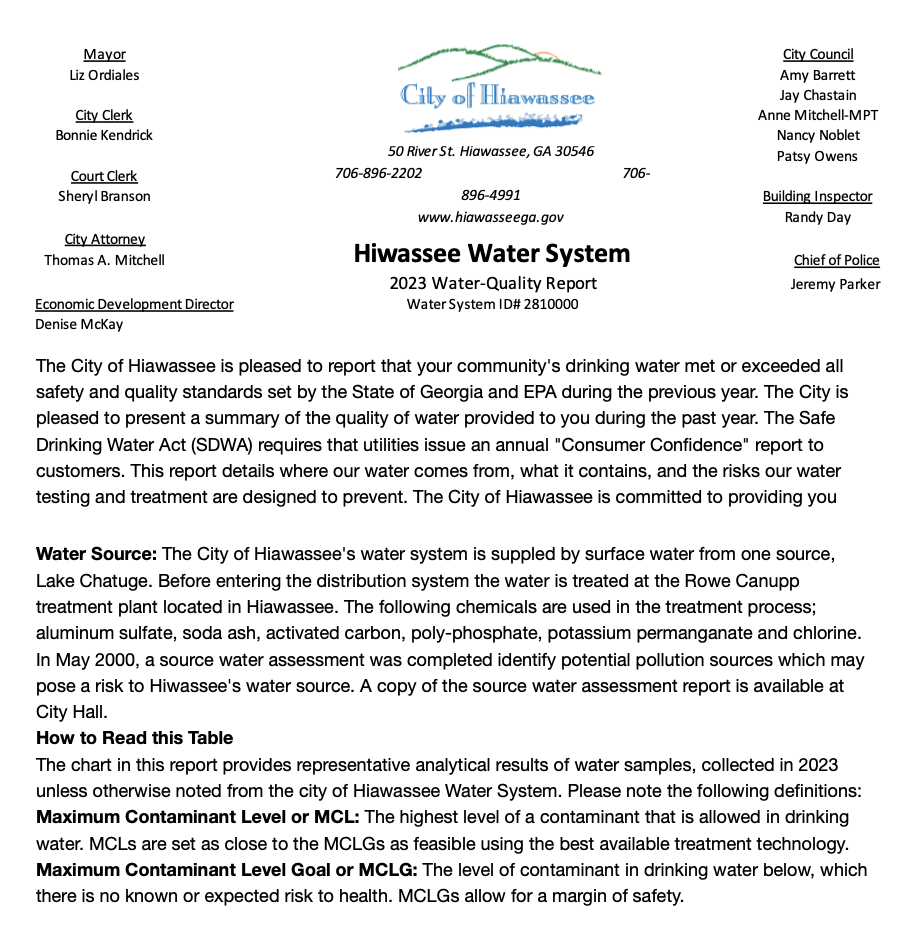
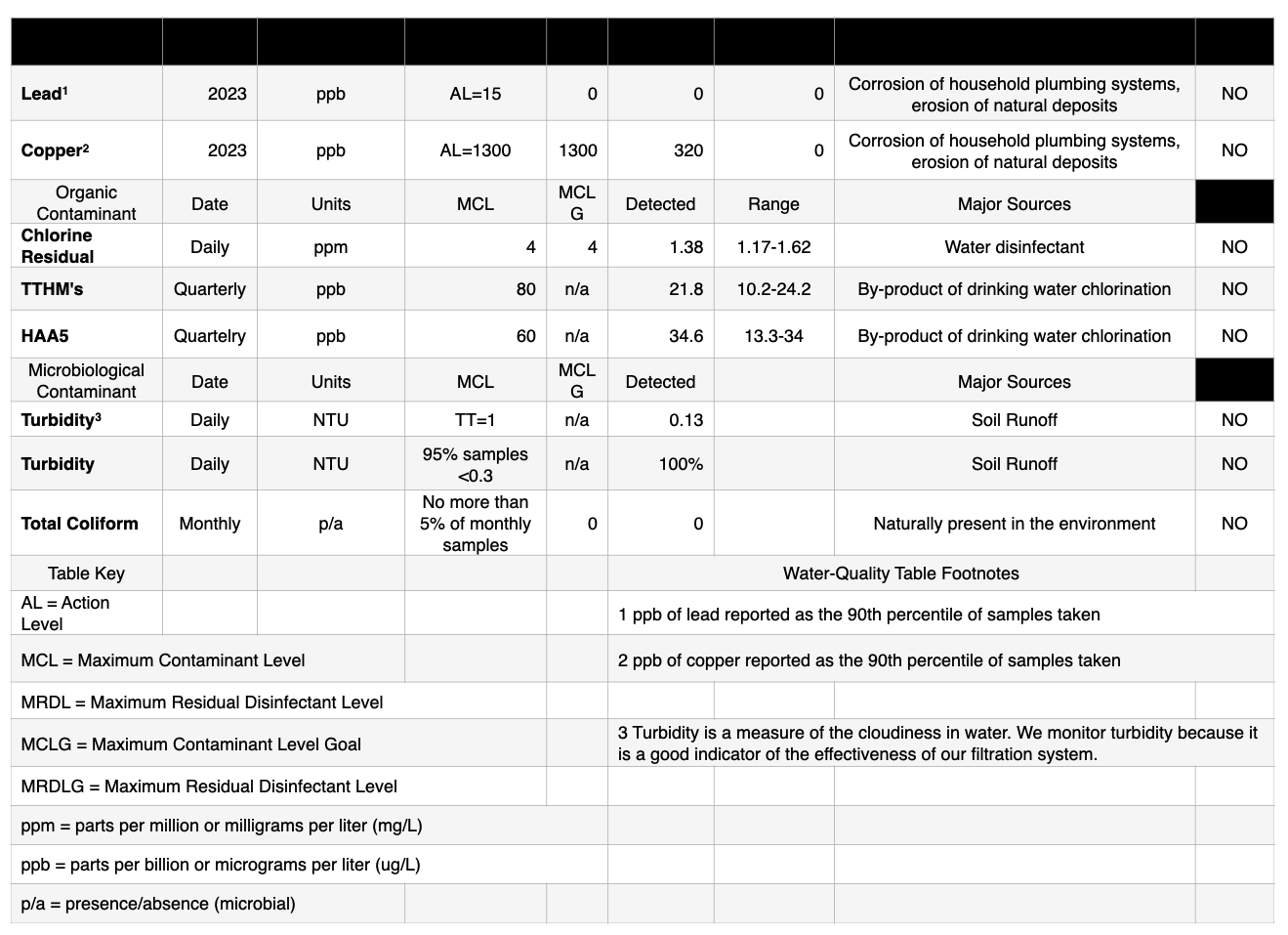
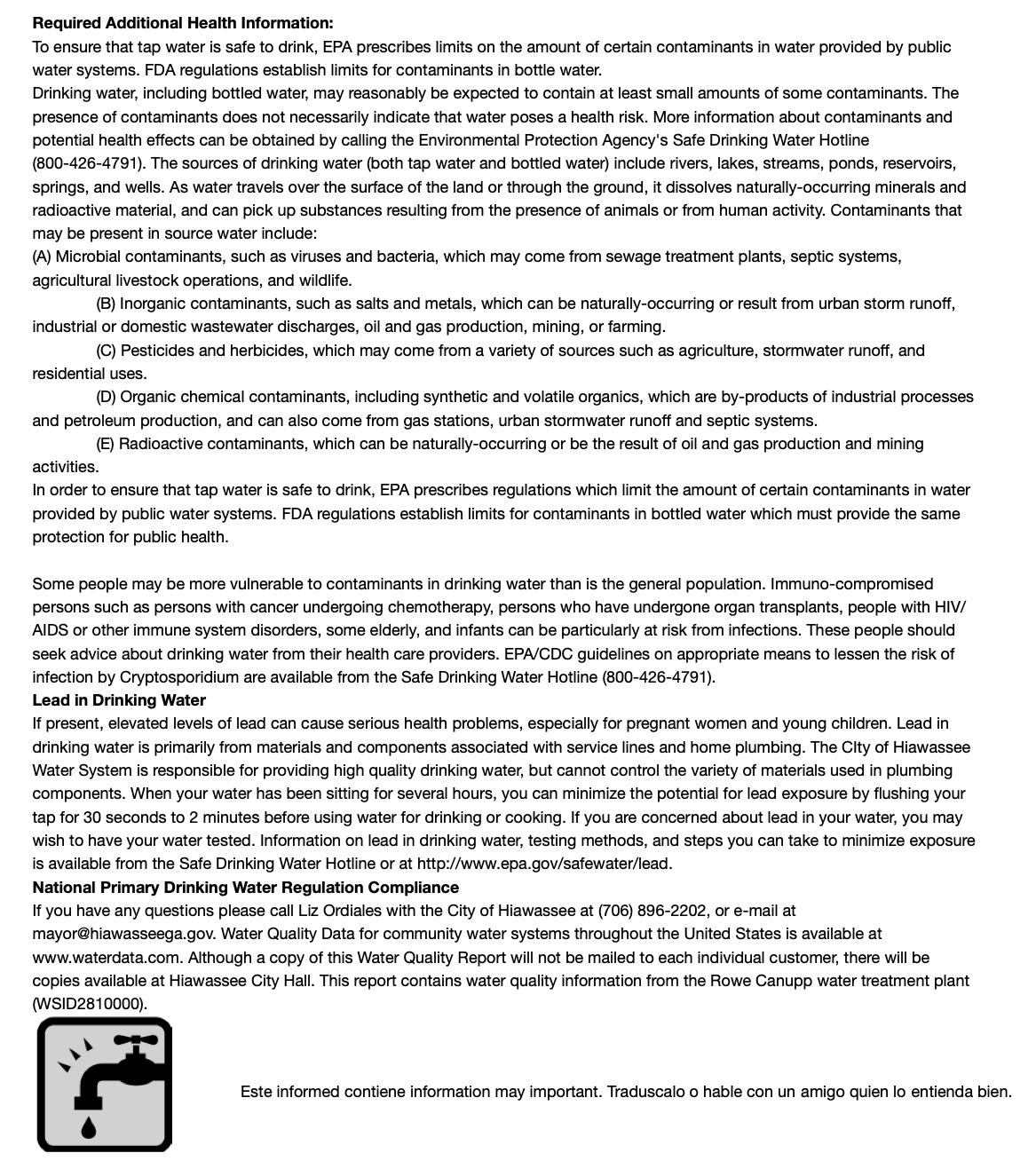
*this file has been modified in formatting only for legibility.

2022 City Holiday & Meeting Schedule
City Hall Closed:
New Year’s Day 2022 OBSERVED Friday, December 31, 2021
Martin Luther King Day Monday, January 17, 2022
Good Friday Friday, April 15, 2022
Memorial Day Monday, May 30, 2022
Independence Day Monday, July 4, 2022
Labor Day Monday, September 5, 2022
Thanksgiving Thursday, November 24, 2022
Day after Thanksgiving Friday, November 25, 2022
Christmas Eve OBSERVED Friday, December 23, 2022
Christmas Day OBSERVED Monday, December 26, 2022
Council 2022 Regular Meetings – 6pm at City Hall Council Chambers
January February March April May June
1-4-2022 2-1-2022 3-1-2022 4-5-2022 5-3-2022 6-7-2022
July August September October November December
7-5-2022 8-2-2022 9-6-2022 10-4-2022 11-1-2022 12-6-2022
City Council 2022 Work Sessions – 6pm at City Hall Upstairs Training Room
January February March April May June
1-24-2022 2-21-2022 3-28-2022 4-25-2022 5-23-2022 6-27-2022
July August September October November December
7-25-2022 8-29-2022 9-26-2022 10-24-2022 11-28-2022 No Meeting

Hiawassee Downtown Development Authority
Program Manager
Job Description
Work Objectives
The DDA program manager coordinates activity exclusively within the City of Hiawassee. All downtown revitalization programs will utilize historic preservation and appropriate business needs as an integral foundation for downtown economic development
He/she is responsible for the development, conduct, execution, and documentation of the Downtown Development Program. The program manager is the principal on-site staff person responsible for coordinating all program activities locally as well as for representing the Community regionally and nationally as appropriate.
Full Range of Duties to be Performed
- Coordinate activities of the Downtown Development program committees, ensuring that communication between committees is well-established; assist committees with the implementation of the work plan
- Manage administrative aspects of the Downtown Development Town program, including purchasing, recordkeeping, budget development, and accounting, preparing all reports required by the State and National Better Home Town Programs. Assist with the preparation of reports to funding agencies and supervising part-time employees or consultants, if and when
- Develop, in conjunction with the DDA’s board of directors, strategies for downtown economic development through historic preservation utilizing the Community's human and economic resources. Become familiar with all persons and groups directly or indirectly involved in the downtown commercial district. Mindful of the roles of various downtown interest groups, assist the DDA’s board of directors and committees in developing an annual action plan for implementing a downtown revitalization program focused on four areas: design/historic preservation, promotion, organization/management and economic restructuring/development.
- Develop and conduct the ongoing public awareness and education program designed to enhance appreciation of the downtown's architecture and other assets and to foster an understanding of the program's goals and Through speaking engagements, media interviews, appearances, keep the State highly visible in the community.
- Assist individual tenants or property owners with physical improvement projects through personal consultation or by obtaining and supervising professional design consultants; assist in locating appropriate local contractors and materials; if needed, participate in construction supervision; provide advice and guidance on necessary financial mechanisms for physical Oversee and manage programs rolled out through DDA, i.e. Façade program.
- Assess the management capacity of major downtown organization and encourage improvements in the downtown community's ability to undertake Joint ventures such as promotional events, advertising, appropriate uniform store hours, special events, business recruitment as identified in Strategic and Comprehensive Plan, parking management, and so on. Provide advice and information to successful downtown management. Encourage a cooperative climate between downtown interests and local public o
- Advise local Community Organizations and/or Chamber of Commerce retail committees on DDA program activities and goals and assist in the coordination of joint promotional events, such as seasonal festivals (First Fridays)or cooperative retail promotional events, in order to improve the quality and success of events to attract people downtown; work closely with local media to ensure maximum event coverage; encourage design excellence in all aspects of promotion in order to advance an image of quality for the downtown.
- Help build strong and productive working relationships with appropriate public agencies at the local and state levels.
- Develop and maintain data systems to track the process and progress of the local DDA program. These systems should include economic monitoring, individual building files, thorough photographic documentation of all physical changes, and information on job creation and business retention.
- Represent the Community at the local, state, and national levels to important constituencies. Speak effectively on the program's directions and findings, always mindful of the need to improve state and national economic development policies as they relate to smaller communities.
- Manage Fund Raising efforts for DDA Projects, prepares Grants as needed
Resource Management Responsibilities
The program manager supervises any necessary temporary event employees, interns, etc. as well as professional consultants. He/she participates in personnel and project evaluations. The program manager maintains local The DDA Street program records and reports, establishes technical resource files and libraries, and prepares regular reports for the state DDA Program. The program manager monitors the annual program budget and maintains local financial records. This position will report directly to the mayor.
Job Knowledge and Skills Required
The program manager should have education and or experience in several of the following areas: architecture, historic preservation, economics, finance, public relations, design, journalism planning, business administration, public administration, retailing, volunteer or non-profit administration, and/or small business development. The program manager must be sensitive to design and preservation issues. The manager must understand the issues confronting downtown business people, property owners, public agencies, and community organizations. The manager must be entrepreneurial, energetic, visionary, well-organized, and capable of functioning effectively in a very independent situation. Excellent verbal and written communication skills are essential.
Preferred Education/Qualifications
- Main Street Program Credentials
- DDA training, and experience in programs of that sort
- Bachelors Degree
Wednesday, February 10, 2021 8:30 AM Hiawassee Downtown Development Authority Meeting Agenda/Minutes
Hiawassee Downtown Development Authority Meeting Agenda
Date: Time: Location:
Wednesday, February 10, 2021 8:30 AM
50 River Street, Hiawassee GA
-
Call to order
-
Approval minutes of January 13, 2021
-
Financial Report
-
Directors Update
-
Old Business
a. Letter of commitment - increase
VI. New Business
a. Night Market – schedule
i. Committee ii. Tent rental
VIII. Adjourn
Approved March 10, 2021
Hiawassee Downtown Development Authority
February 10, 2021 Minutes
Present: Steve Harper, Alec Therrel, Rob Sollie, Liz Ordiales, Lindie Wright and Margaret Oliver.
Absent: Tamela Cooper
Staff: Denise McKay, Marta Izquierdo
Minutes:
The February 10, 2021 Downtown Development Authority (DDA) meeting was called to order at 8:32 AM by Chairperson Steve Harper.
A motion to amend the agenda adding the Memo of Understanding to New Business letter b. was made by Alec Therrel, seconded by Rob Sollie, motion carried unanimously.
A motion to adopt the final minutes for the January 12, 2021 meeting was made by Alec Therrel, seconded by Rob Sollie, motion carried unanimously.
Financial Report:
The DDA checking account has balanced with $12,372.97, with one outstanding check in the amount of $31.91.
Director’s Update:
The 2019-2020 Biennial Report for the Economic Development of Hiawassee, Young Harris, and Towns County has been completed. With the help of the North Georgia Regional Commission the development of an economic development strategy plan has been developed.
The 501C3 for the DDA has been submitted to the IRS for approval. Old Business:
A motion to increase the financial commitment of the DDA to $510,000.00 from $438,000 for the restoration of the Paris Properties was made by Maggie Oliver, seconded by Rob Sollie, motion carried unanimously. A letter of commitment to be submitted with the ARC Grant application.
New Business:
The Night Market will begin on the first Friday of May 2021 through October 2021 from 5:00 PM to 9:00 PM. The space/tent rental will stay at $50.00 and the space only with the vendor supplying their own white tent will stay at $35.00.
-
The Set-up/ Tear-down committee for the Night Market will be directed by Lindie Wright and co-directed by Rob Sollie.
-
The lighting and music committee for the Night Market will be directed by Steven Harper.
-
There will be a $200.00 budget for entertainment per event.
-
There will be a search for Food Truck Vendors with a variety of food selections.
A motion to enter the Memorandum of Understanding between the City of Hiawassee and the Hiawassee Downtown Development Authority for the management of the Paris Properties was made by Maggie Oliver, seconded by Alec Therrel, motion carried unanimously.
There was no Open Discussion or Executive Session.
Motion to adjourn was made by Alec Therrel, seconded by Maggie Oliver, motion carried unanimously.
Meeting adjourned at 9:15 AM.

